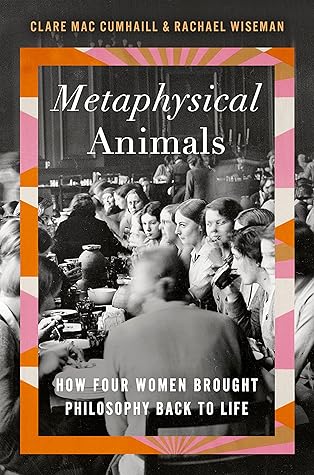She began with a puzzle that is first stated by the pre-Socratic mystic Parmenides: ‘ “It is the same thing that can be thought and can be,” ’ so “what is not and cannot be” cannot be thought. But the past is not and cannot be; therefore it cannot be thought, and it is a delusion that we have such a concept.’[40] This fragment of Parmenides does not express a form of ‘Cartesian doubt’, Elizabeth told her Cambridge audience – Parmenides is not worried that it might not be possible to know about the past. No, he is raising a more fundamental puzzle: how is it even possible to talk or think about
...more
Welcome back. Just a moment while we sign you in to your Goodreads account.


